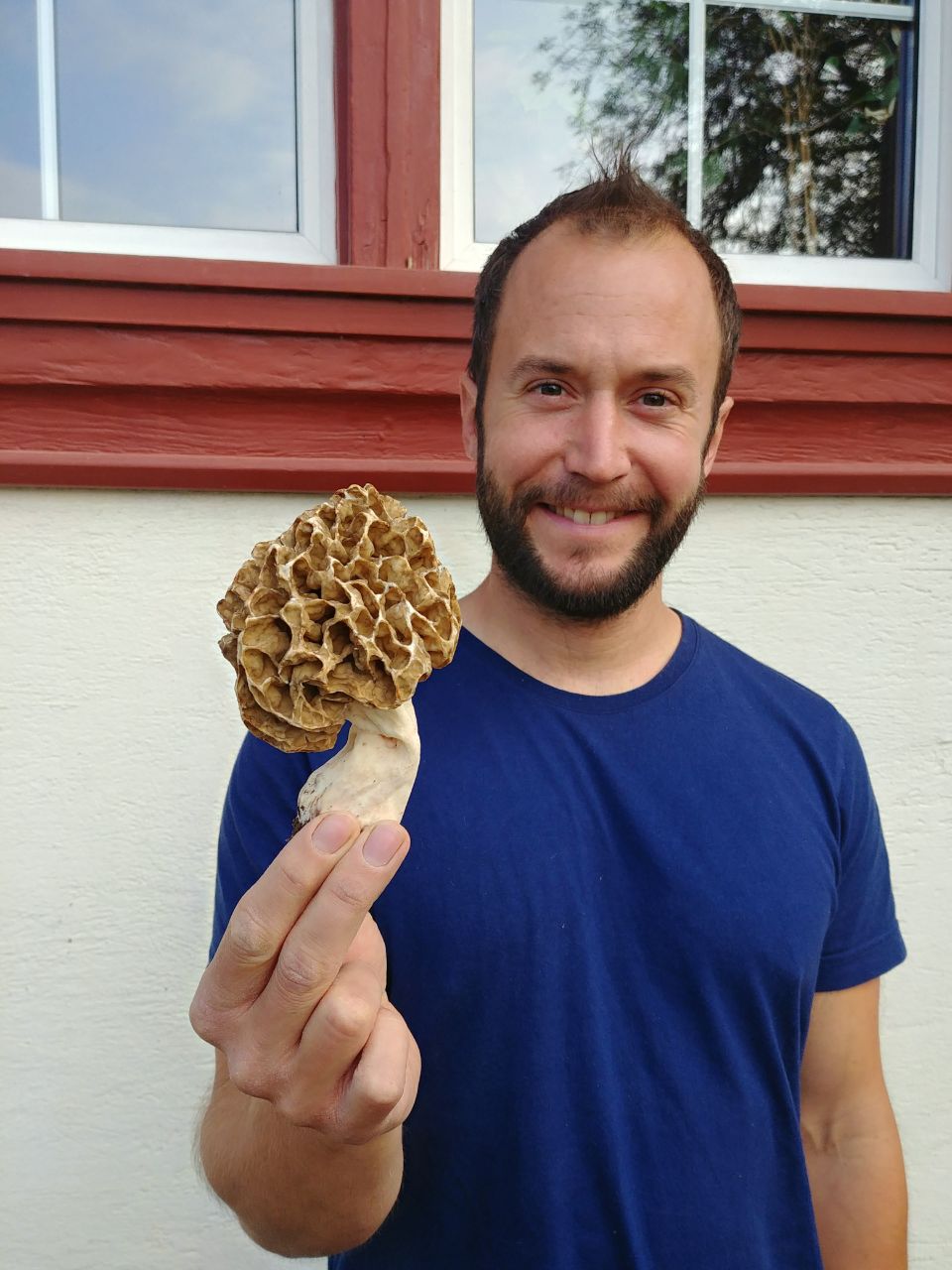Fungi for faecal sludge treatment

Doctoral Student
Project duration
2024-2028
Supervisor
Abstract
external page Approximately 48% of the world's population does not have access to sewered sanitation, so human excreta are collected in pit latrines, which have to be emptied, transported, and treated to prevent environmental contamination and human health risks. However, due to a lack of affordable servicing and accessible treatment plants, the pathogenic fecal sludge is rarely treated to a point where it is rendered harmless. The uncontrolled release of untreated human excreta leads to spread of diarrheal diseases such as cholera, dysentery and intestinal helminths and the destruction of ecosystems. The inappropriate handling of human feces is a major problem for global health and there is an urgent need to find solutions.
Luckily, we have fungi. Fungi are best known for their fruiting bodies, called mushrooms, which are foraged and cultivated worldwide for culinary purposes; however, the main part of a fungi is the mycelium, a net-like structure that spreads through the growing substrate or soil. Fungi are one of the main decomposers of organic material. To access nutrients, fungi produce and secrete powerful enzymes that allow them to break down even complex organic molecules and antibiotics to outcompete other microbes. Thanks to these molecules, fungi are of great value in biotechnology and medicine, and have been shown to be antagonistic to human pathogenic bacteria and nematodes. Despite these abilities to decompose and reduce pathogens, scientific literature on the use of fungi to treat human feces is scarce. With this project we want to investigate how fungi can be used to make the management of human excreta safer, simpler and environmentally friendlier.
Research Questions
Which fungi species can use human faeces as a growth substrate?
How does fungal growth influence the physical factors of faecal sludge?
To what extent can inoculation with fungi reduce pathogenic bacteria and helminths in human faeces?